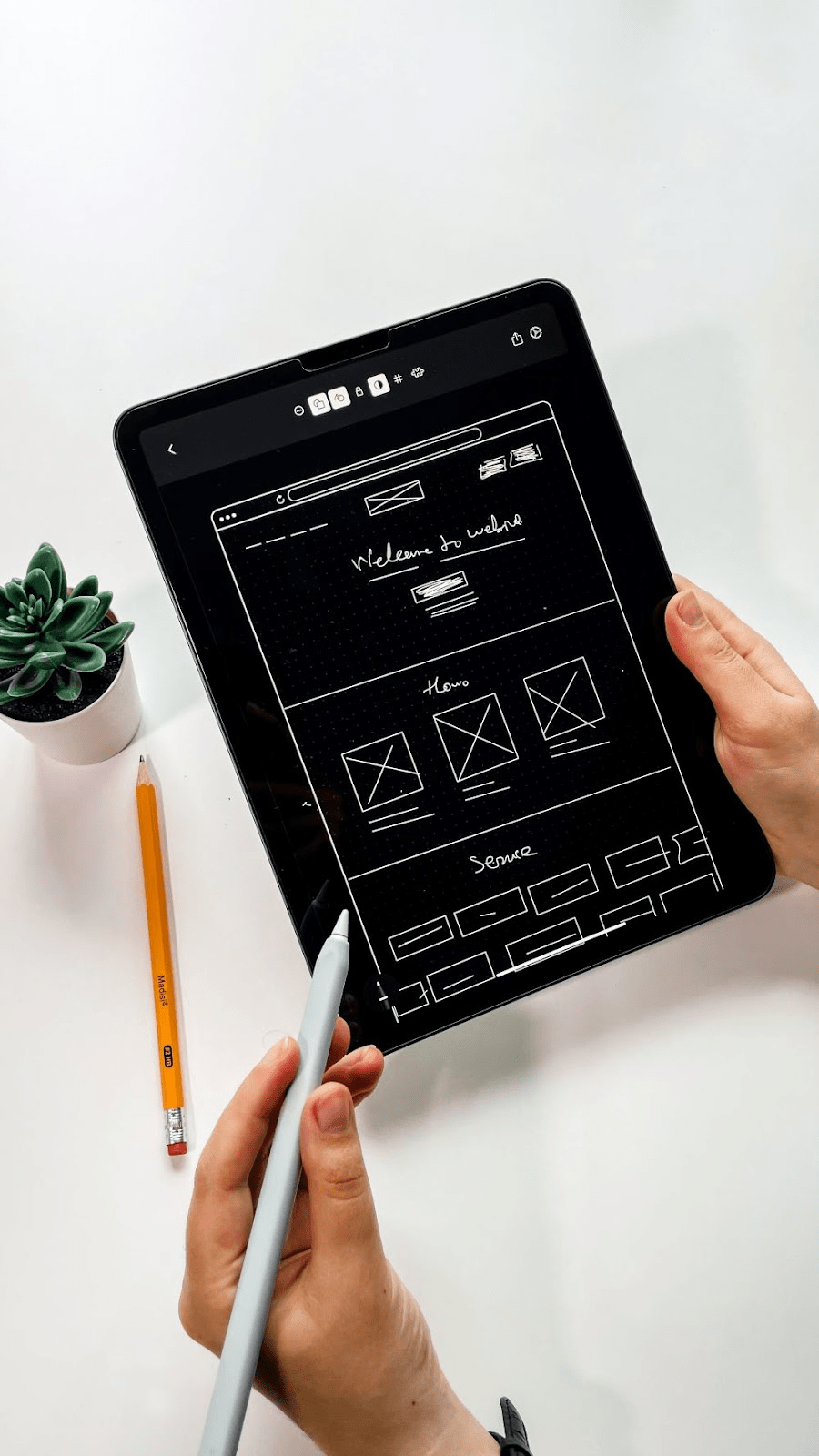The demand for quality UI/UX designers has been on the rise. The increase in employment prospects for UI/UX designers has led to mushrooming of User Interface/User Experience (UI/UX) Design Courses in Canada. Job prospects for UI/UX designers are quite good in the Toronto region and other provinces, as depicted by Job Bank.
UI/UX designers play a crucial role in creating engaging and intuitive digital experiences for users. To excel in this field, designers need a diverse set of skills that go beyond just graphic design and technical proficiency. In this blog, we will explore the top 10 skills that every UI/UX designer should possess to create successful and user-centric designs. Whether you’re a seasoned designer looking to upskill or someone just starting in this field, this blog will provide valuable insights into the skills required to succeed in UI/UX design.
Technical Skills:
- User Research
- Wireframing and Prototyping
- Visual Interface
- Interaction Design
- Information Architecture
Interpersonal skills:
- Collaboration
- Curiosity
- Effective Communication
- Empathy
- Flexibility
Let’s delve deeper into these skills.
UI/UX Designer Technical Skills

Technical skills are paramount when it comes to designing for people. Coding, prototyping, analytical skills, visualization techniques, and many more such skills are a must-have for UI/UX designers.
User Research
An important aspect of UX design is the ability to conduct effective user research. User experience is the cornerstone of creating a quality product. It all begins with relevant research. A well-researched user profile facilitates a better understanding of the design frame that you are required to build.
UI/UX designers need to conduct user research to determine user needs and desires. This includes evaluating data and conducting user interviews. In a designer’s portfolio, it’s important to showcase the research process and how it was applied to the final product.
Wireframing and Prototyping

Concerning the design projects, wireframes serve as the blueprints for websites. They often depict the elements of the user interface that will form a part of various website pages. A UI/UX designer is in charge of deciding which features to portray, their presentation, and their placement. The aim is to provide a simple and user-friendly UX possible. You can show different elements graphically such as menus, CTA buttons, and text.
UI/UX designers create prototypes to test the functionality of their design after wireframes are approved. They use prototyping tools to create a high-fidelity design that closely resembles the final product during the application development phase. To succeed, designers must be able to create wireframes and prototypes quickly using these tools.
Visual Interface
Visual design is crucial in UI/UX design to make the framework appealing and enhance the aesthetic-usability effect. UI/UX designers must be imaginative and creative to visualize the entire concept and present complex ideas simply. Using visual design principles such as color theory and typography, designers can create a brilliant layout with easy navigation and unique design elements. These skills are essential to transform raw designs into refined, user-interactive products that showcase a designer’s expertise.
Interaction Design
Interaction design is the way you design the website/app for the users to interact easily with your digital platform. It is an important aspect of UI/UX design as it incorporates the functional points, interactive sections, and peculiar design elements such as clickable buttons, icons, any links to be placed, and the look and feel of the website/app.
You should be able to design interactive websites/apps keeping in mind that data security is supreme. The design should protect access to sensitive information, have a simple layout, and have an easy navigation for a seamless flow.
Information Architecture
Information architecture (IA) means the process of assembling and organizing a website/app content. IA has an integral role to play in the creation of all types of digital design structures. It helps in simplifying complex content to make it easy for the users to interact with your digital product. UI/UX designers should be aware of the clients’ needs and the way information should be presented to them.to educate them. Be sure to strategize your content according to the needs of the ultimate consumers.
UI/UX Designer Interpersonal Skills
Apart from technical proficiency, UI/UX designers are required to possess some key interpersonal skills too.
Collaboration
Any innovative and simplified solution becomes unique with team effort. As a UI/UX designer, you have to work with other team members to evaluate the possibilities of designing a new digital product. Collaborative skills are a must to be able to create better, exchange ideas, and deliver top-quality products.
Curiosity
Curiosity breeds creativity! As a UI/UX designer, you must have a keen sense of observation and ask a lot of questions to understand what exactly to represent through your digital product. Keep in mind the users’ needs and what they are looking for, their motivation to buy a product, their pain points, and what problems the users want to resolve. UI/UX designers should be curious to know what appeals to users and bring in more thoughtful designs to the platter accordingly.
Effective Communication

UI/UX designers have to be in continuous communication with the management, customers, production team, other designers, and marketing team to understand the requirements properly.
You need to convey your message in a clear, concise, and compact manner to achieve the desired goals. You may have to present the facts and findings of your research to the rest of the team, so you need effective communication skills. Sometimes you may be discussing new ideas, performing user research, and resolving user queries, and all these things need persuasive writing and verbal communication skills.
Empathy
If you can understand user needs and their pain points, you can develop a digital product that directly addresses their concerns. UI/UX designers must empathize with the end-users of the product. You should be accustomed to various observations, research, and surveys to learn new things from others, understand their viewpoint and incorporate their thoughts in your designs.
You should do your research, follow the findings, and stand by your facts even if it is not accepted easily. Aim to master the design from a user’s perspective — right from the inception till the implementation of the final product.
Flexibility
Be flexible to mould your designs as per market trends, user needs, and new thoughts/ideas. While you work with others, you should be flexible to value their opinions, while retaining your own. Flexibility is a must to adapt to the ever-changing client requirements and to develop UI/UX designs to provide a seamless experience to the users.
Conclusion
UI/UX design is an emerging vertical which is gaining popularity by the day. It can be rewarding to pursue a career in UI/UX designing. You get to explore new creative aspects of design and learn to work on the latest tools/software.
ABM College’s online diploma program in UI/UX design can teach you these must-have skills to become a successful UI/UX designer.
Thinking of a career as a UI/UX designer?
Contact us now.
Read more articles here.
About The Author

Private Career College
ABM College is a leader in career-focused education, committed to empowering students with industry-relevant skills. With expert instructors and practical training, ABM College delivers high-quality programs in health, business, technology, and more, ensuring graduates are prepared to meet workforce demands. Known for its supportive learning environment and a focus on real-world application, ABM College is a trusted educational partner helping students achieve professional success across Canada.
